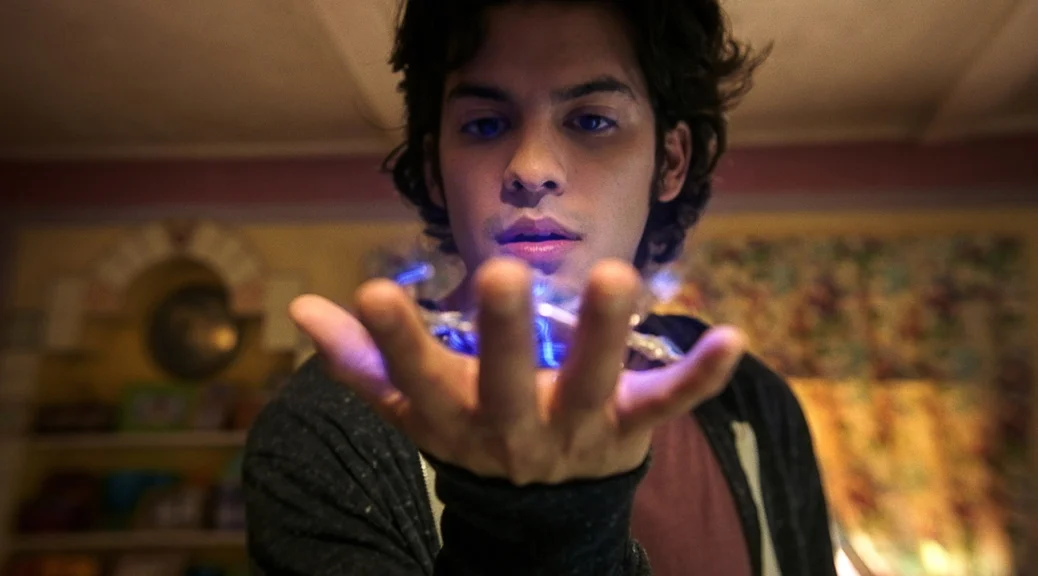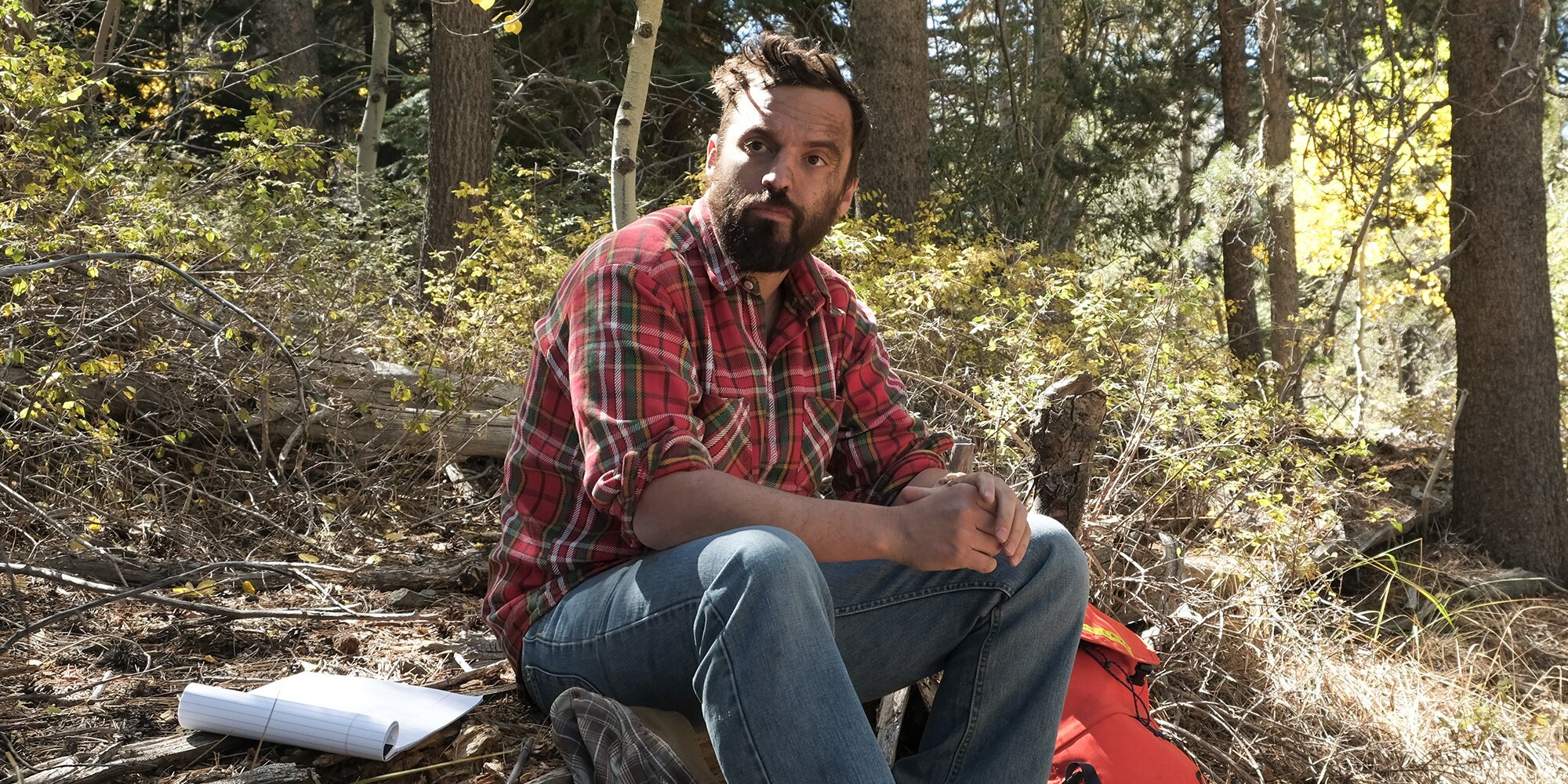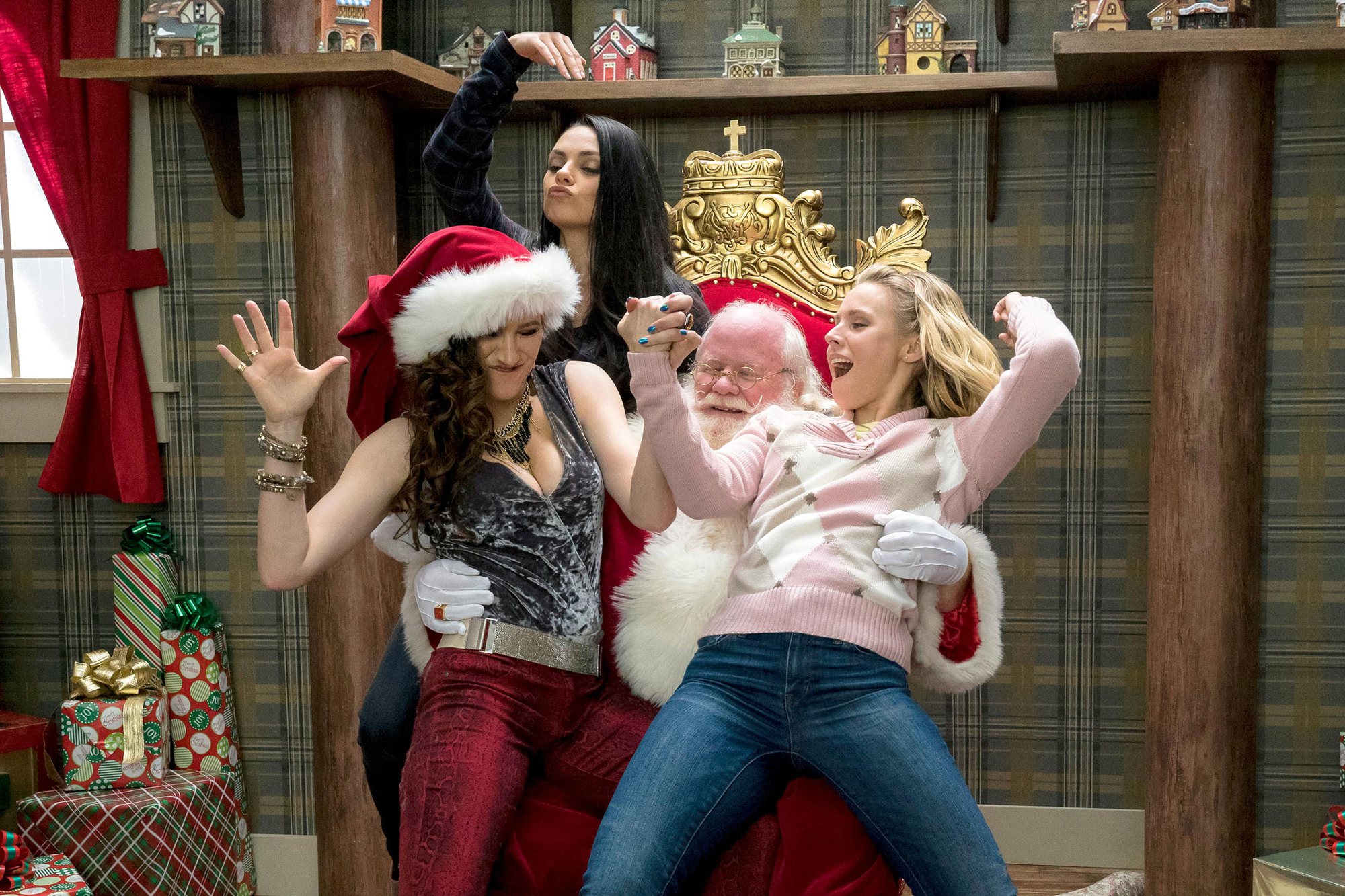Blue Beetle
by Hope Madden
There’s something in the bones of the new DC movie Blue Beetle that’s very familiar. Very Spider-Man. Very Captain Marvel. Very Green Lantern, The Flash and Shazam.
Mainly Shazam.
And director Angel Manuel Soto capably builds a recognizable plot from those bones. An unlikely protagonist (Xolo Maridueña) takes on superpowers without really wanting to, goes through an awkward phase of figuring out how to use them, then stumbles into danger and crime, and must eventually accept his fate and save humanity.
Blue Beetle delivers solidly on each of those plot points. Where it really makes its presence known, though, is in the way it fleshes out those bones.
Blue Beetle is unapologetically, vibrantly Latinx. It is stunning how a change of perspective revives a story.
Writer Gareth Dunnet-Alcocer (Miss Bala) writes rich, funny, fully developed characters and a winning cast takes advantage. Maridueña charms in the lead role while Belissa Escobedo’s sarcastic sister keeps him in check. George Lopez steals scenes as the looney, tech savvy, conspiracy theorist uncle and Nana (the great Adriana Barraza) kills it.
Plus, Susan Sarandon hams it up as villainous billionaire (is there any other kind?) Victoria Kord. It’s fun. But it’s not the film’s differentiator. This Mexican American superhero isn’t separated from his family, his neighborhood, his backstory or culture. Indeed, those roots not only strengthen the hero himself, but the entire film.
The story of underdogs facing down corporate greed, of the terrors of the global military industrial complex, the blight of gentrification, the joy of a good telenovela and every joke springs naturally and lands better because of the cultural context the filmmakers use to ground their story.
The plot may not break new ground, but the film itself feels revolutionary. Like Nana.









